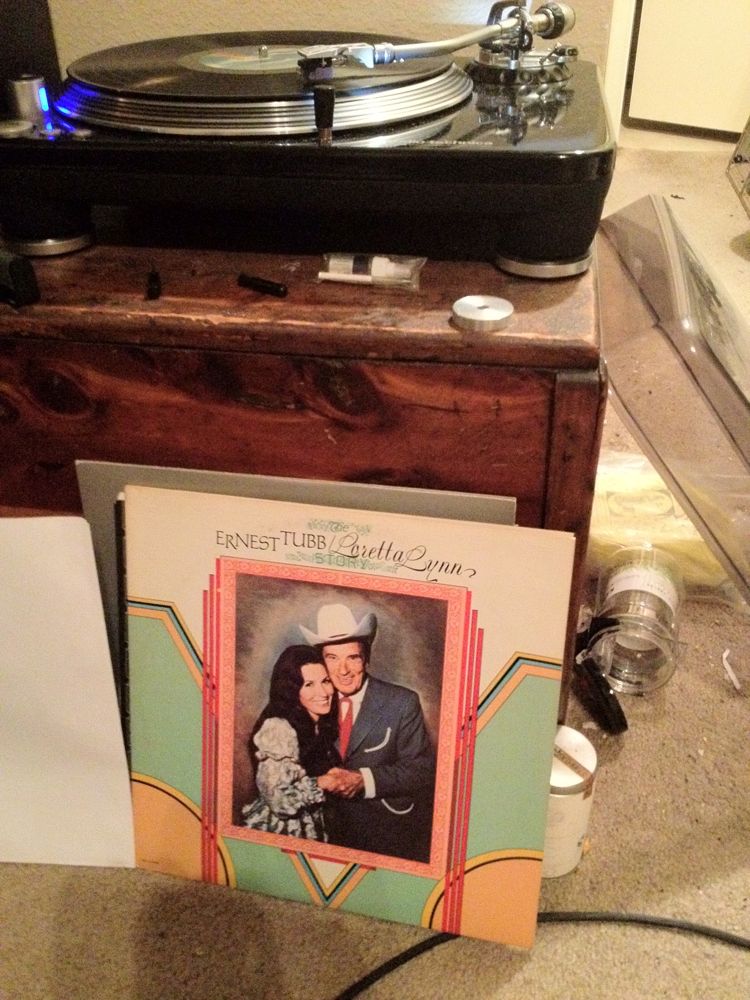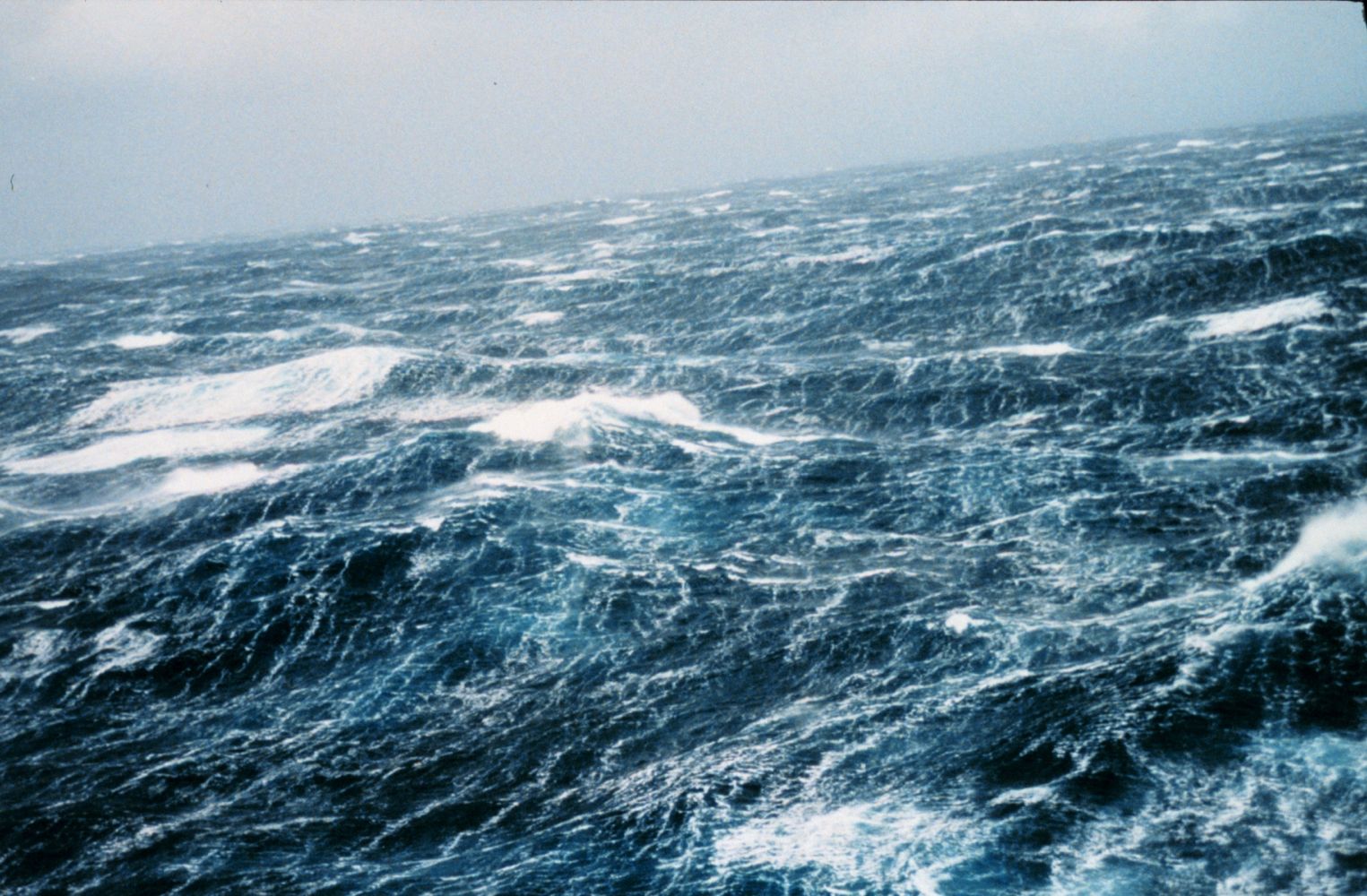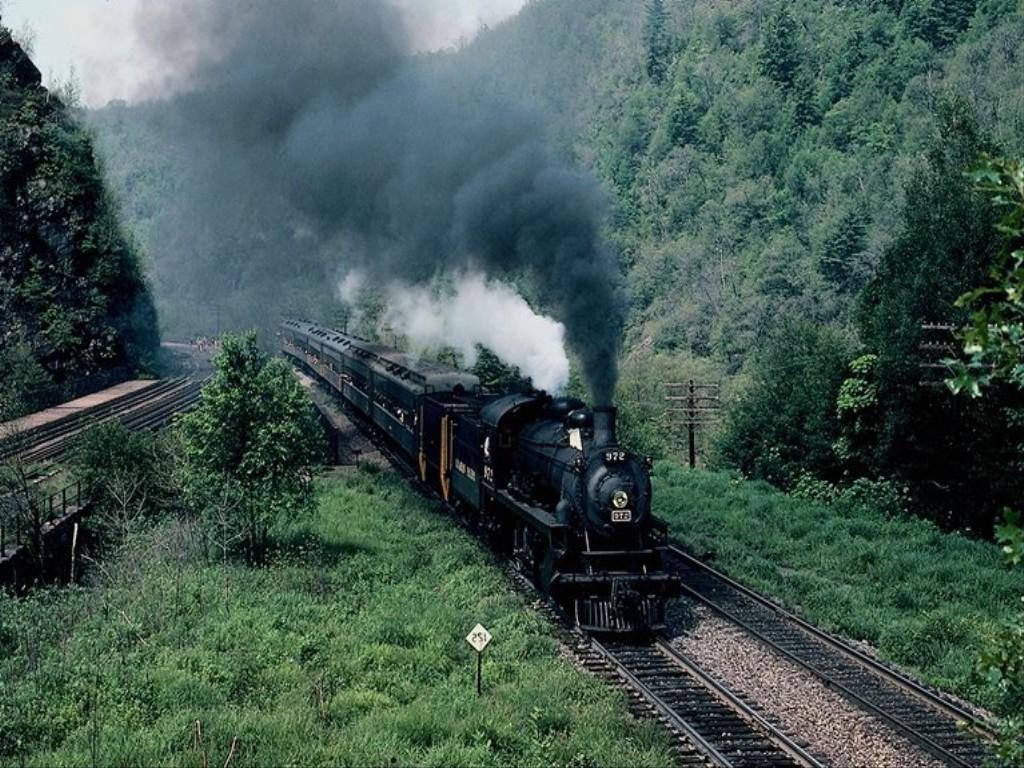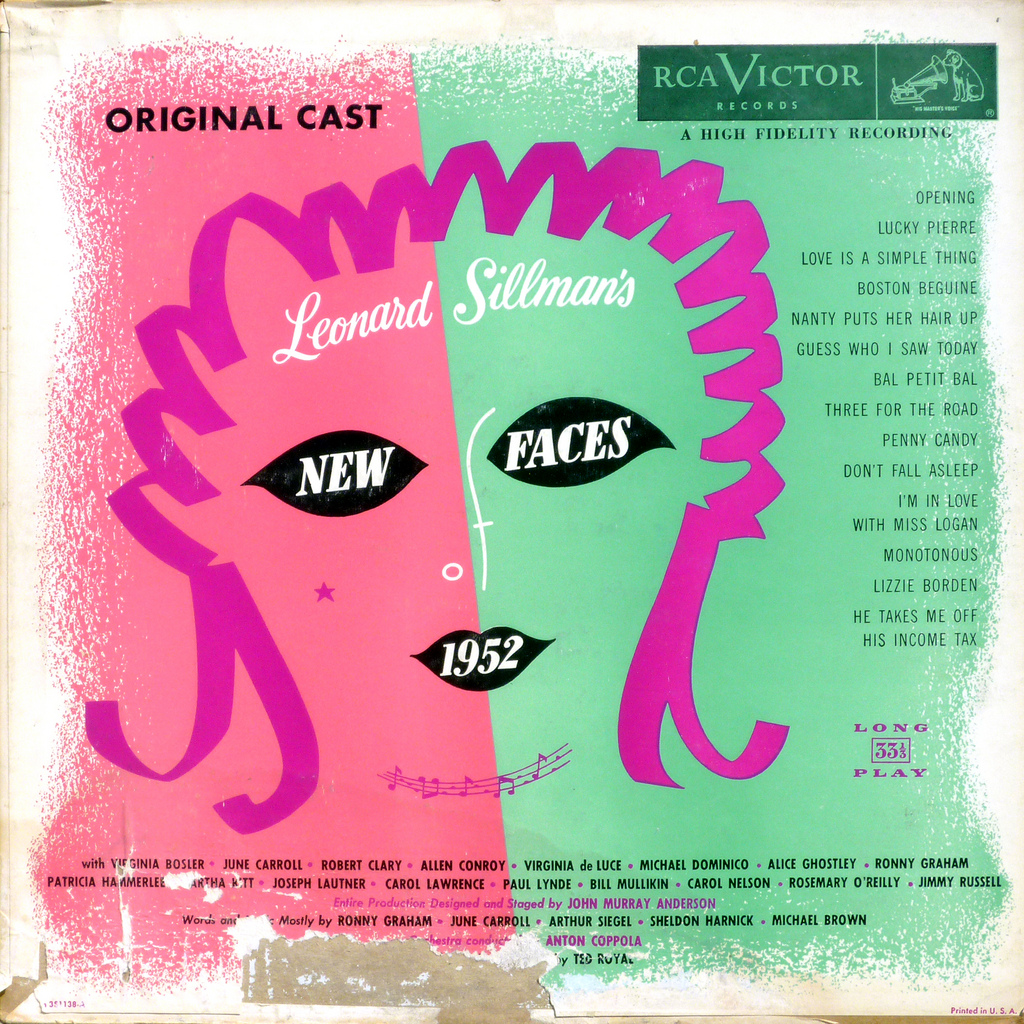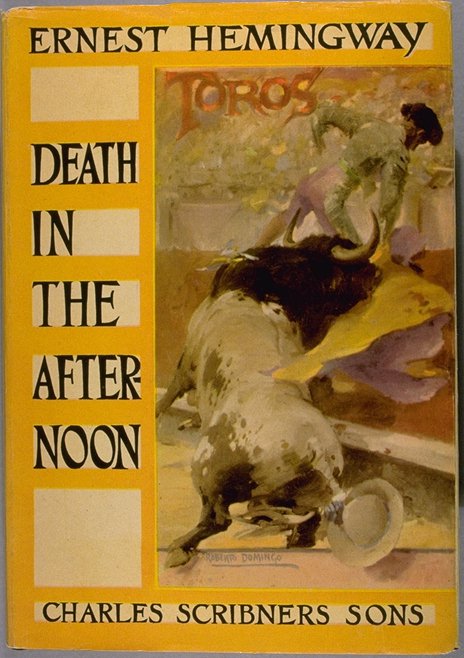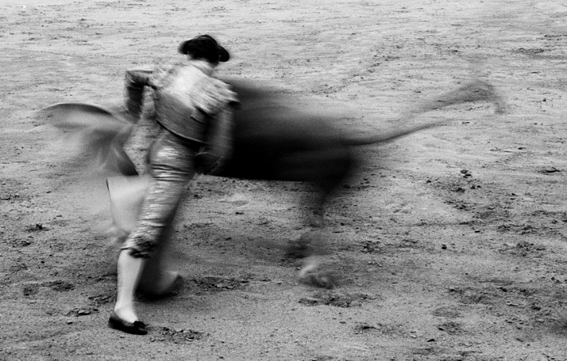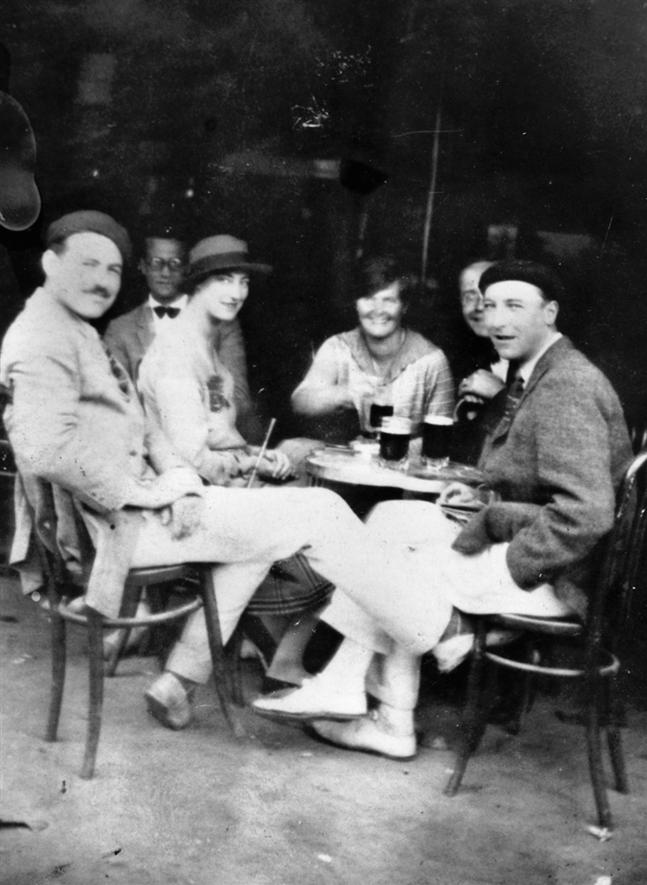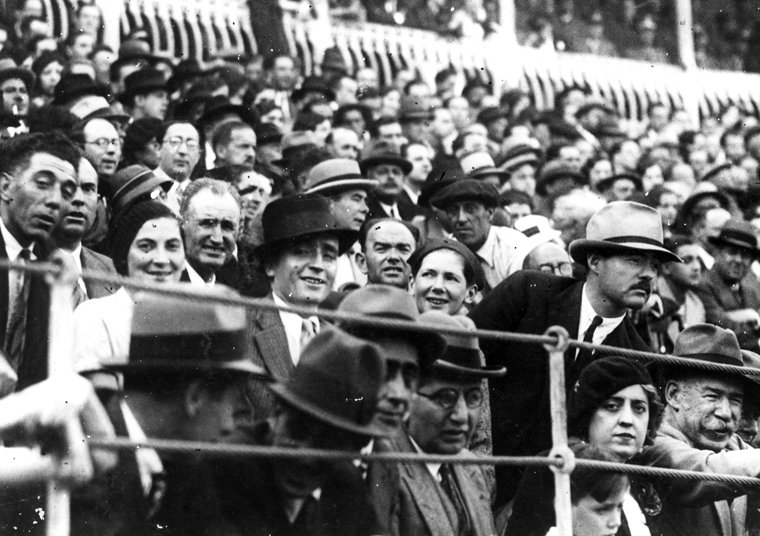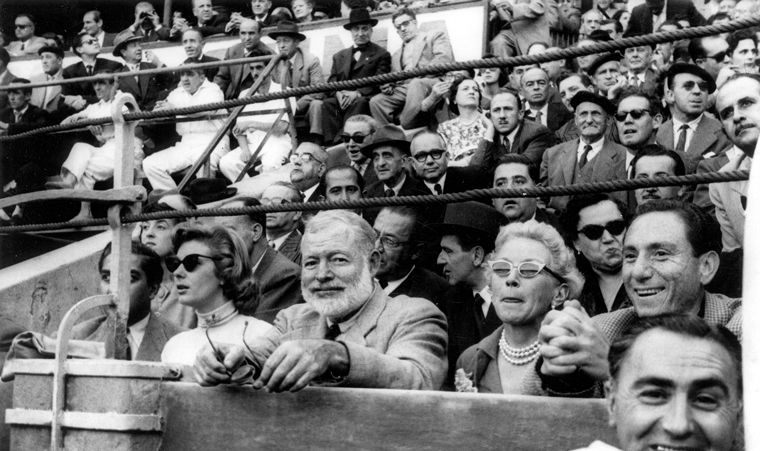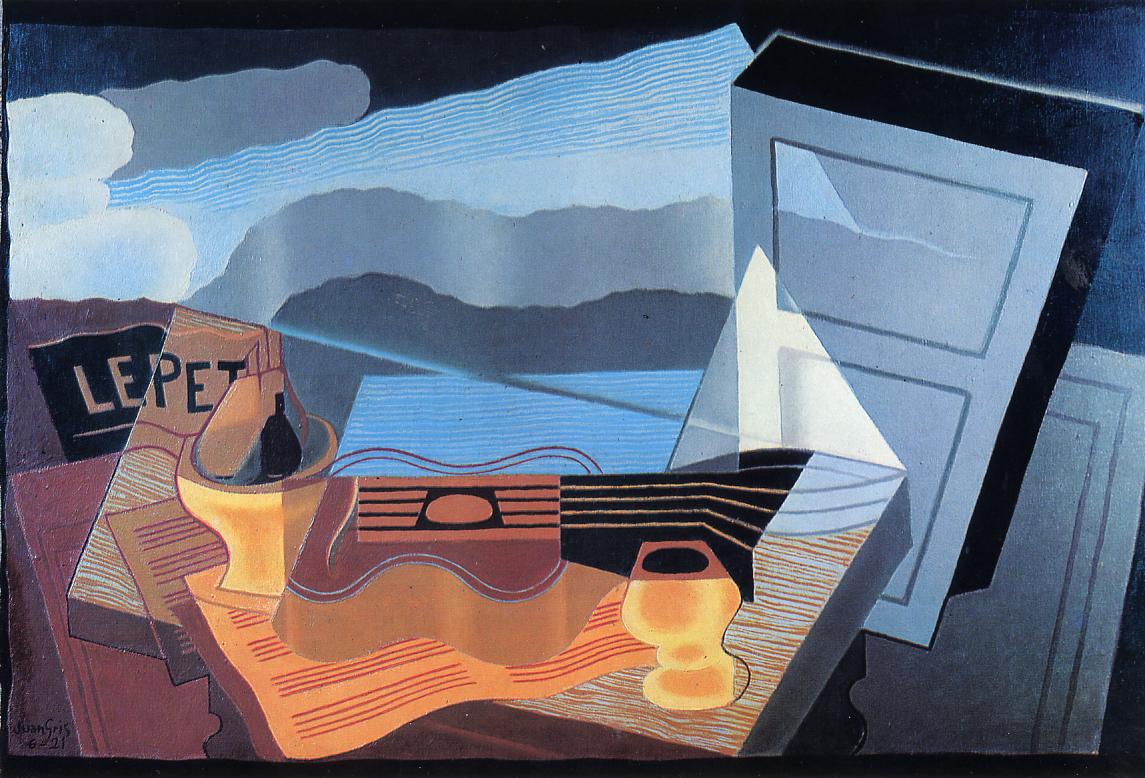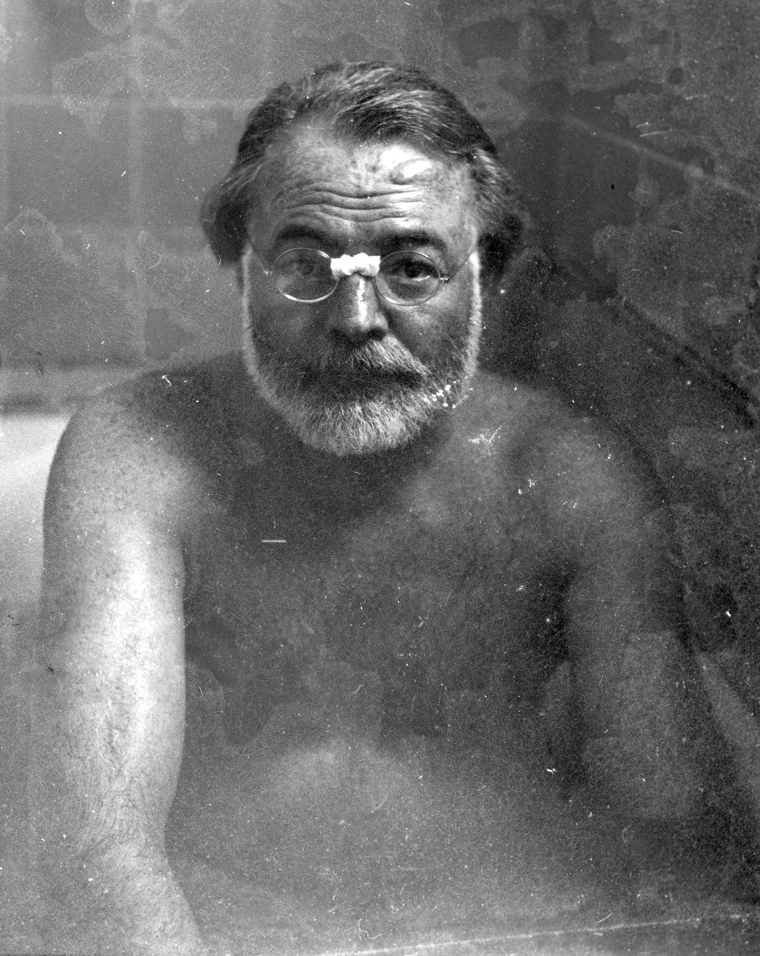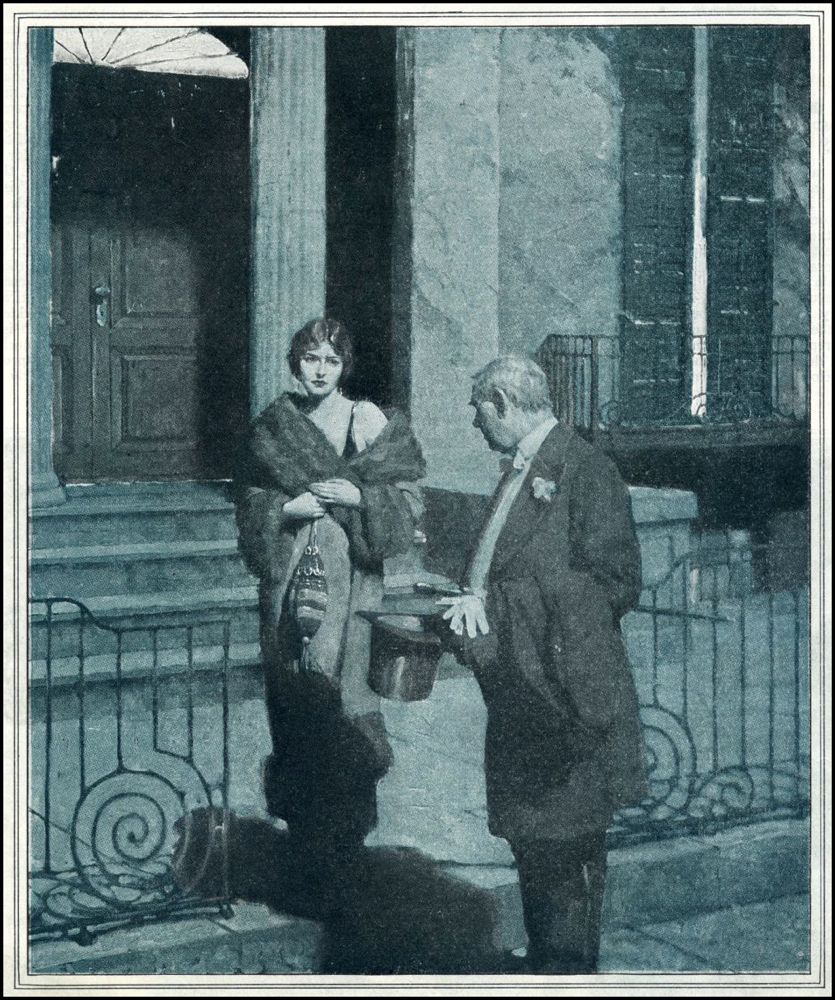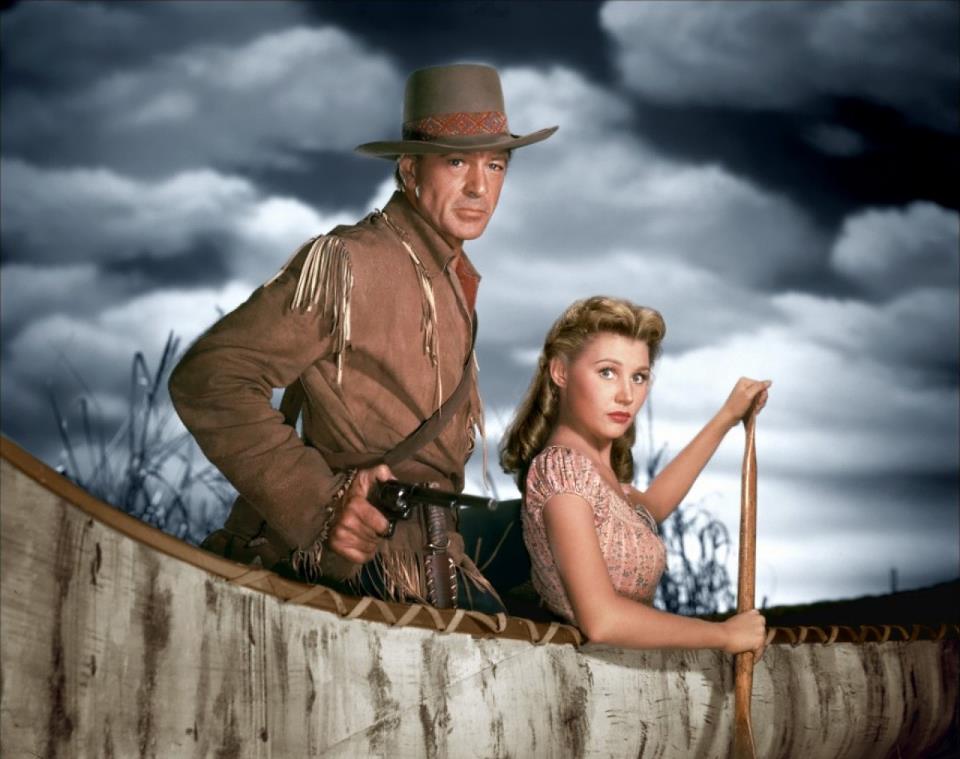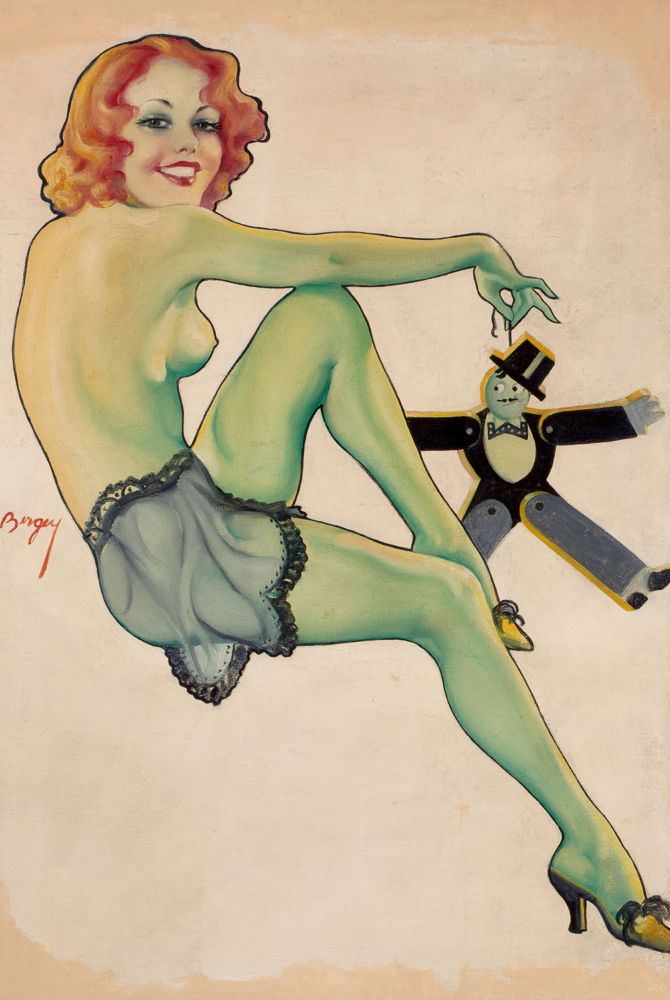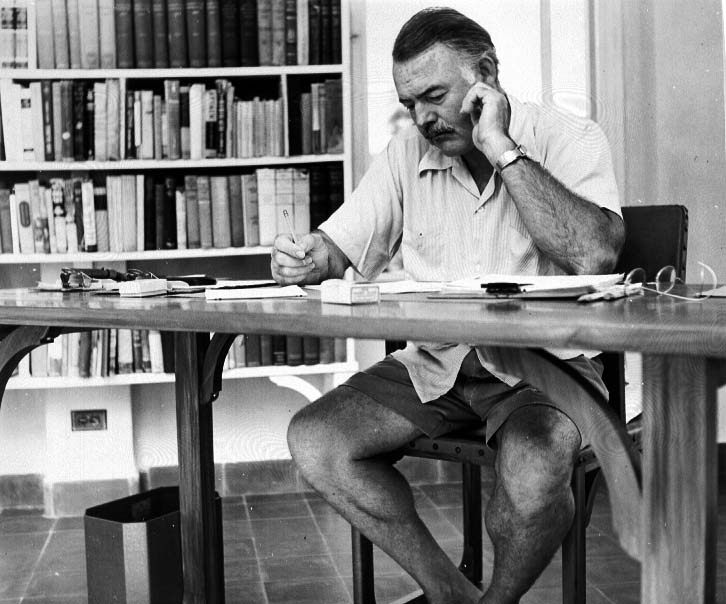This may look like an alien planet to some, but to those who live in the Mojave Desert, it looks like home.
Monthly Archives: August 2012
THE GOOD, THE BAD
It will be horrible to wake up on 7 November and know that Mitt Romney, animatronic nonentity, will be the next President of the United States — but that will be balanced by the joy of knowing that Barack Obama, the shabby little coward, the worst President since James Buchanan, has left the political stage forever, that he’ll be collecting his thirty pieces of silver from his Wall Street masters in shame and ignominy . . .
IT WILL STAND
Rock and roll will stand.
WHAT I’M SPINNING NOW
COURAGE
AN EDNA ST. VINCENT MILLAY POEM FOR TODAY
TRAVEL
The railroad track is miles away,
And the day is loud with voices speaking,
Yet there isn’t a train goes by all day
But I hear its whistle shrieking.
All night there isn’t a train goes by,
Though the night is still for sleep and dreaming
But I see its cinders red on the sky,
And hear its engine steaming.
My heart is warm with the friends I make,
And better friends I’ll not be knowing,
Yet there isn’t a train I wouldn’t take,
No matter where it’s going.
With thanks to Huger Foote, and in honor of Duquesne Whistle.
Click on the image to enlarge.
DUQUESNE WHISTLE
You old rascal, I know exactly where you’re going — I’ll lead you there myself at the break of day . . .
AN LP COVER FOR TODAY
DEATH IN THE AFTERNOON
Ernest Hemingway’s Death In the Afternoon is a really wonderful book, and also one of the God-damnedest books ever written. It’s very hard to categorize or even describe.
It presents itself as a treatise on bullfighting, and it is that to a degree. You can learn an awful lot about bullfighting from it. I don’t know how reliable its information is but I can attest that it’s fascinating and extremely entertaining information. Hemingway, being a storyteller, can rarely stand to pass along any wisdom without attaching a tale or anecdote illustrating that wisdom in practice.
But information is not really the point of the book. What it really sets out to do is celebrate Hemingway’s passion for the subject, his joy in elucidating its subtleties and meanings, and at the same time recapture for himself and convey to us the atmosphere of the places in Spain where he came by his knowledge.
The tone of the book is conversational, though it’s an eccentric style of conversation, because Hemingway was an eccentric. It’s also a very good-humored book and often quite funny. We see Hemingway’s wit here at its best, without the labored jollity found in much of his later work.
There are, too, here and there, passages of sublime writing, of absolutely breathtaking prose. It’s not what you could call a “major work” but it has some major writing in it, on one subject or another.
A year and a half before he started writing this, Hemingway had published one of the great novels of the 20th century, A Farewell To Arms, which was both a critical and a commercial success. He was acknowledged almost universally as one of the most important writers of his time. He was well-off financially, from his work and from his second wife’s fortune. He was young, 32 years-old, good-looking, brilliant and vigorous.
It was a time in his life before his self-doubts began to overwhelm him, before he cared much what critics thought, because most of them thought well of him. He had nothing to prove to anyone but much to share.
All of that good fortune shines through the book, written in an exhilarating state of grace, from a deep reserve of strength and faith in his own ambition. Reading it is like taking a drug, drinking from a fountain of youth. It was a fountain that ran dry for Hemingway, as it will for all of us, but Death In the Afternoon will never run dry, its invigorating waters will always run as clear and strong as a Spanish trout stream.
A JUAN GRIS FOR TODAY
A HEMINGWAY QUOTE FOR TODAY
There are some things which cannot be learned quickly and time, which is all we have, must be paid heavily for their acquiring. They are the very simplest things and because it takes a man’s life to know them the little new that each man gets from life is very costly and the only heritage he has to leave.
— Ernest Hemingway, Death In the Afternoon
Click on the image to enlarge.



